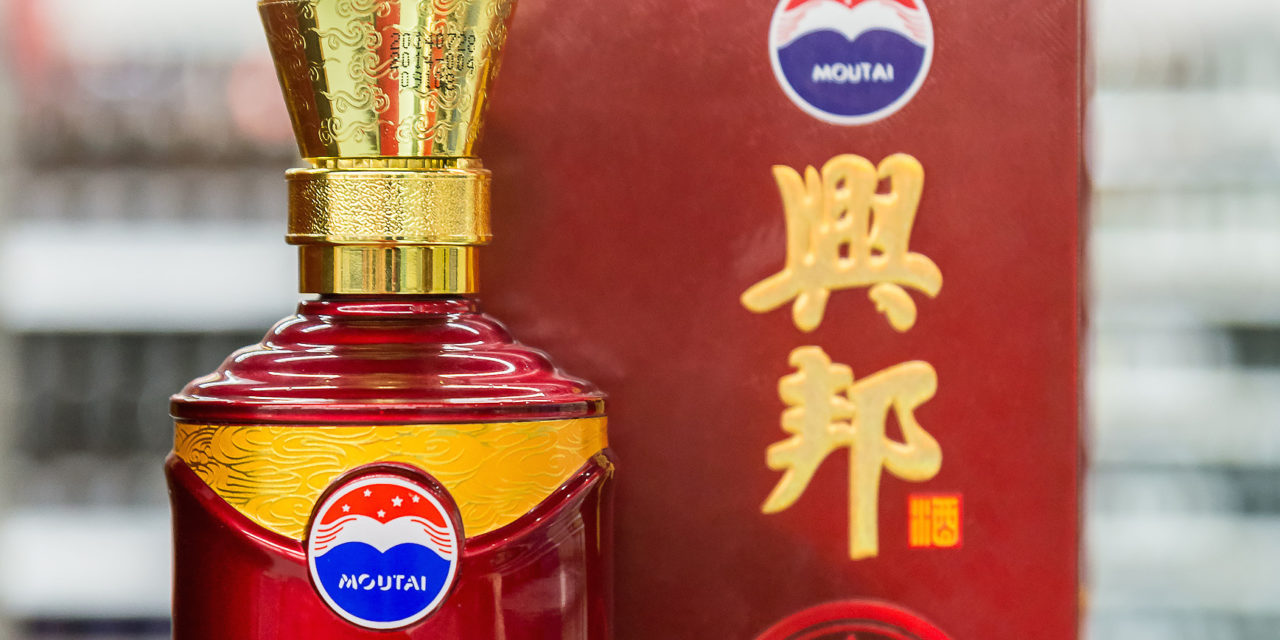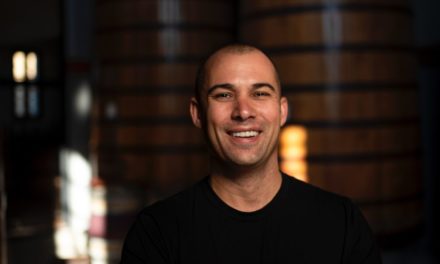 Kweichow Moutai is a phenomenon. It has one product—a premium variety of the Chinese liquor baijiu—and is owned by the Chinese state. In the past two years, it’s overtaken Diageo to become the world’s highest-valued liquor group. Valued at more than $100 billion on the Shanghai stock exchange, it achieves a gross profit margin of around 90 percent. Now, with its domestic market arguably reaching saturation, Kweichow Moutai is looking to make inroads overseas. For the other leading spirits brands of the world, the key question is how they can compete with this new rival.
Kweichow Moutai is a phenomenon. It has one product—a premium variety of the Chinese liquor baijiu—and is owned by the Chinese state. In the past two years, it’s overtaken Diageo to become the world’s highest-valued liquor group. Valued at more than $100 billion on the Shanghai stock exchange, it achieves a gross profit margin of around 90 percent. Now, with its domestic market arguably reaching saturation, Kweichow Moutai is looking to make inroads overseas. For the other leading spirits brands of the world, the key question is how they can compete with this new rival.
The authentic Chinese drink
It would be easy to ascribe its success purely to its privileged status as a sovereign-backed company. Of course, this gives Kweichow Moutai a profile and an endorsement that would be hard for any other brand to achieve in China. As the drink that Chinese officials present to foreign dignitaries, it’s a source of national pride.
Yet there’s more to it than that. It’s a brand rich in authenticity. For more than 2,000 years, it’s been made in the town of Moutai, in the Guizhou province of China. It’s distilled nine times and then aged three years in ceramic pots; for centuries, the secret recipe was passed down from generation to generation.
Then there’s the famous ritual. Moutai is only consumed at mealtimes, in half-ounce shots. You never drink it alone, and it plays a vital role in business negotiations with strict rules governing who drinks when.
Overseas challenges
These factors have all combined to drive its phenomenal success to date. Yet, as Kweichow Moutai moves into a new phase of growth, it faces new challenges. Poor 2018 Q3 results led many to question whether its attempts to grow beyond China were stalling.
What options does Kweichow Moutai have? The obvious route is to try to emulate Asian drinks giant Suntory, which simply bought its way into the U.S. market through its acquisition of Jim Beam. That may yet happen, but it’s an expensive route that would do little to address the challenges the core brand faces in reaching consumers outside of China.
Balancing purpose and experience
The recently released FutureBrand Index points to a different solution. This biannual research study sees an informed group of 3,000 people across the globe giving their views on how well positioned the world’s 100 biggest companies are for future success. As we might expect, Kweichow Moutai performed very strongly on purpose-related attributes, scoring highly on individuality, innovation, and authenticity—shooting straight in at number two. It also scored highly on experience-related attributes such as seamlessness, people, and trust.
More broadly, the Index sets out a clear formula for success for Moutai and every other spirits brand in the world: The companies seen as best positioned for future success are those that deliver both an experience that people enjoy and a purpose people care about.
The experience of Moutai is ingrained into Chinese culture. Imagine if the company found a way to convey that distinctive experience to Western drinkers and then managed to ally it to a strong purpose. If the company could make people fall in love with the brand, rallying them through their experience and purpose (while also backing it with the steady long-term view that only a state-backed brand can enjoy) then there’s every chance it could confound the expectations of many and start to make inroads into nondomestic markets.

About the author: Enshalla Anderson is FutureBrand’s chief strategy officer, North America.
Purpose rising in the East
When that happens, every other spirits brand in the world will need to figure out a way to respond. That response ought to be to deliver engaging experiences and to communicate relevant purpose.
What that means for each brand will be different. But it’s clear that the successful brands of tomorrow will be those that find a way to balance those two factors. The rise of Kweichow Moutai is simply adding greater urgency.
Press releases are generated outside of Spirited magazine and the information contained does not necessarily reflect the opinion of Spirited or its parent company, Sonoma Media Investments.










